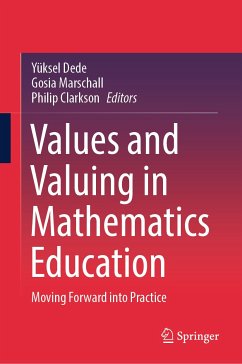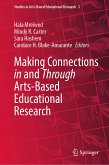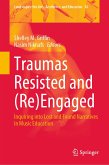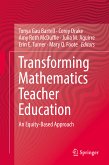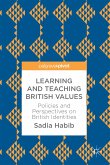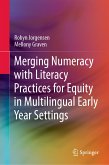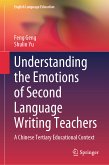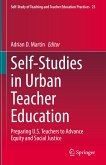This book is a follow-up to 'Values and Valuing in Mathematics Education: Scanning and Scoping the Territory' (2019, Springer). This book adds a critical emphasis on practice and fosters thinking concerning positive mathematical well-being, engagement, teacher noticing, and values alignment among a range of critical notions that intersect with values and valuing. Values and valuing play a key role in many aspects of education, such as assessment, planning, classroom interactions, choosing tasks, and general well-being. What one values and finds important in the learning and teaching of mathematics operates within the intersection of all social, cognitive, and affective aspects of school pedagogy, making values a significant holistic factor in education.
The chapters explore potential teaching strategies that enhance the understanding of the central place of values in mathematics itself as a subject, as well as how values impact how mathematics is used withinsociety. This book includes examples of strategies for facilitating students' meaningful engagement with, and conscious learning of, values when engaging in mathematical thinking and doing.
Dieser Download kann aus rechtlichen Gründen nur mit Rechnungsadresse in A, B, BG, CY, CZ, D, DK, EW, E, FIN, F, GR, HR, H, IRL, I, LT, L, LR, M, NL, PL, P, R, S, SLO, SK ausgeliefert werden.

